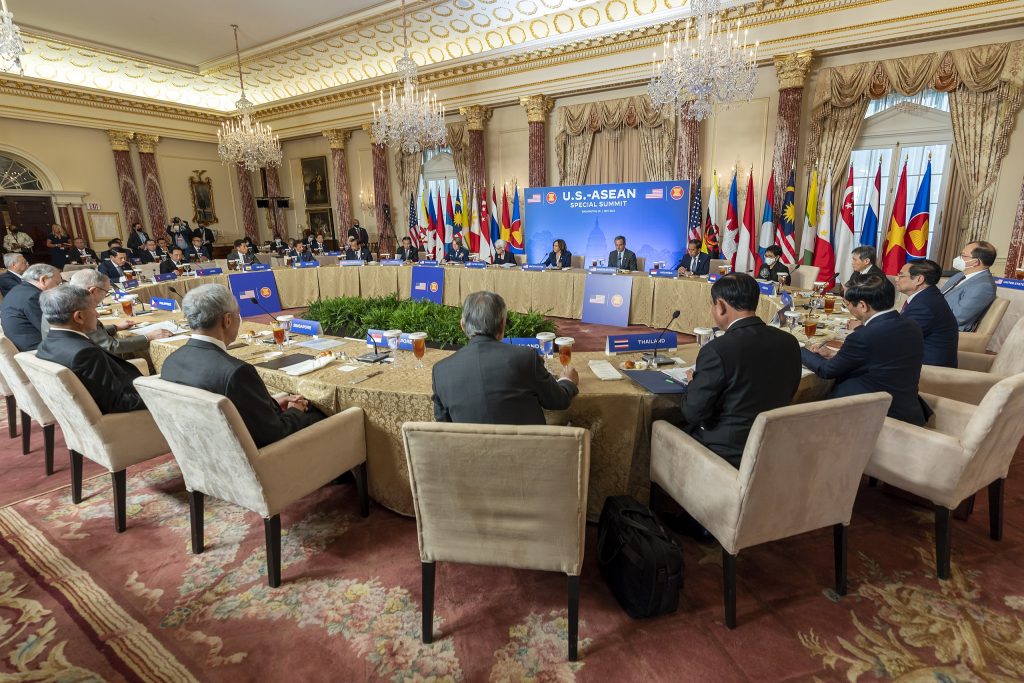Syllabus:
GS-2: Bilateral, regional and global groupings and agreements involving India and/or affecting India’s interests
Context:
The 20th East Asia Summit, held on October 27, 2025, in Kuala Lumpur, Malaysia, reaffirmed its commitment to multilateralism, international law, and collective action, marking the occasion with the adoption of the Kuala Lumpur Declaration on Peace and Stability.
Key Outcomes of the Summit
Commitment to Multilateralism and International Norms:
- The Summit reaffirmed multilateralism as essential, underscoring the UN Charter as the core framework for global peace, stability, and prosperity.
- Adoption of the Kuala Lumpur Declaration highlighted renewed efforts to build strategic trust, enhance transparency, and encourage responsible conduct in regional affairs.
Strengthening Regional Cooperation Mechanisms:
- Leaders agreed to advance the East Asia Summit Plan of Action (2024–2028) in alignment with ASEAN 2045 through joint cooperative projects.
- Continued support was expressed for ASEAN’s efforts to implement the ASEAN Outlook on the Indo-Pacific (AOIP), reinforcing community-building and partnerships.
Informal Dialogue and Strategic Engagement: The Summit maintained its informal and open format, enabling frank discussions among leaders on regional strategic and economic issues and fostering collaborative engagement.
Enhanced Information Sharing: Member states emphasized deeper information exchange across areas such as regional development, security policy, and disaster management to strengthen preparedness and cooperation.
About East Asia Summit (EAS)
The East Asia Summit (EAS) is the Indo-Pacific’s premier forum for strategic dialogue.
It is the only leader-led forum at which all key Indo-Pacific partners meet to discuss political, security and economic challenges facing the region.
Established in 2005, with the first Summit held in Kuala Lumpur, Malaysia, it operates under the ASEAN framework.
It comprises 18 members — the ten ASEAN countries (Brunei, Cambodia, Indonesia, Laos, Malaysia, Myanmar, the Philippines, Singapore, Thailand, and Vietnam) along with Australia, China, India, Japan, New Zealand, South Korea, Russia, and the United States.
In 2024, EAS members represented approximately 53% of the world’s population and accounted for approximately 60% of global GDP.
India is a founding member of the EAS and regards it as a central pillar of its Act East Policy and Indo-Pacific vision.
- At the 22nd ASEAN India Summit, which was also held in Kuala Lumpur, India declared 2026 as the ASEAN-India Year of Maritime Cooperation to enhance collaboration in the blue economy and maritime security.

